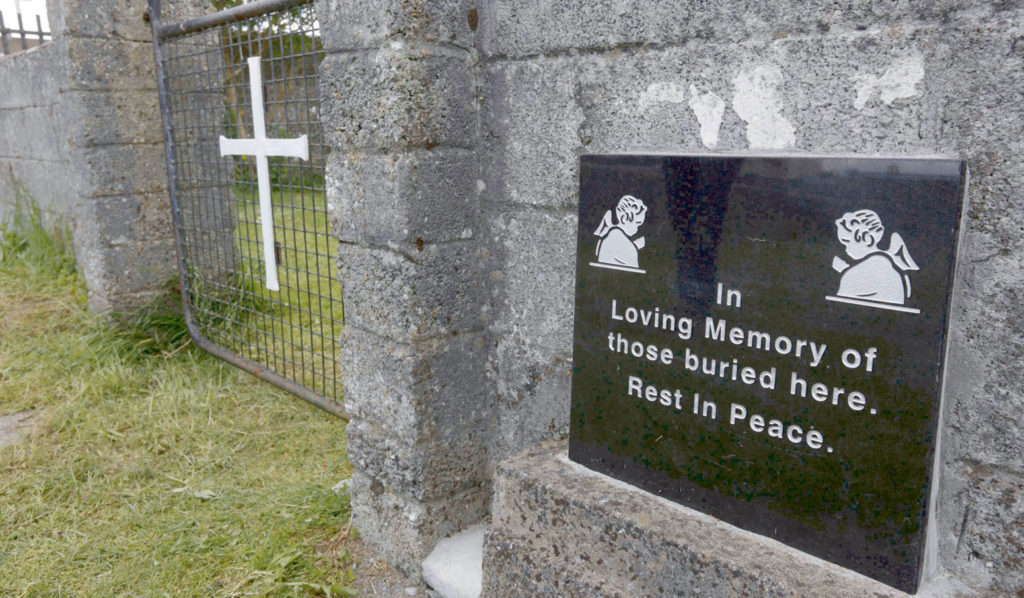THE IRISH Minister for Children and Youth Affairs, Dr Katherine Zappone, has today published a bill which could see the excavation of the mass grave in Tuam in which the bodies of hundreds of children and babies are believed to have been buried.
The General Scheme of the Certain Institutions Burials Bill 2019 was drafted following approval by the Irish Government, and will be put forward to the Oireachtas in order to be signed into law as soon as possible, according to Minister Zappone.
The Bill would see a legal basis introduced to carry out a programme of "phased, forensic standard excavation" and the dignified reburial of remains found in the former Mother and Baby Home.
It would also allow the forensic analysis of remains which could be used to identify children of surviving mothers of the institution.
 The site of the former mother and baby home in Tuam, Co. Galway (Image: RollingNews.ie)
The site of the former mother and baby home in Tuam, Co. Galway (Image: RollingNews.ie)Crucially, the bill would also allow for the excavation of other former sites should an undignified and unlawful resting place such as the Tuam mass grave be discovered, with Minister Zappone saying: "While the conditions in Tuam have, to date, proved unique in their clear failure to provide for the dignified interment of human remains, other institutional sites may at some point fall under similar scrutiny."
Today, Minister Zappone spoke on the "significant milestone" the draft legislation represents.
The case goes back to 2017, where the Commission of Investigation into Mother and Baby Homes discovered and confirmed the presence of infant and toddler remains in an underground, multichambered strucutre which may have previously been used in sewage treatment.

